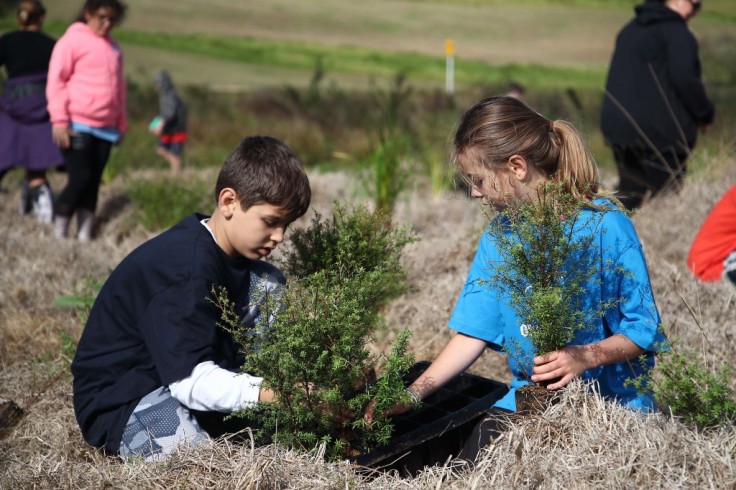
In a world facing environmental challenges, eco-friendly parenting has gained increasing importance. As parents, we hold the key to nurturing a generation that cares deeply about the planet.
Teaching eco-consciousness, instilling love for nature, and practicing eco-friendly parenting are essential aspects of this journey. With that, let's explore eco-friendly parenting strategies that incorporate these principles, offering practical ways to foster a lifelong commitment to the Earth in our children.
Teaching Eco-Consciousness
Teaching eco-consciousness to our children is a vital part of raising environmentally aware individuals. Here are some strategies:
Switch Off Unlit Lights: One of the simplest ways to teach eco-consciousness is by demonstrating energy-saving habits. Encourage your child to turn off lights when they leave a room, and explain how this small action conserves energy and reduces electricity bills. Make it a game, rewarding them for remembering.
Give a Shelter Animal a Loving Home: Teaching eco-consciousness can also involve adopting a pet. Explain that adopting a pet from a shelter helps reduce pet overpopulation and provides a loving home for animals in need. It's a lesson in empathy and responsibility, showing kids how their actions can positively impact other living creatures and the environment.
Recycle Previously Worn Apparel and Toys: Another way of teaching eco-consciousness is to emphasize the value of reusing items. Involve your kids in decluttering and donating clothes and toys they've outgrown. Explain how this not only helps others but also reduces waste in landfills, promoting a more sustainable lifestyle.
Instilling Love for Nature
Instilling a love for nature in our children can create a deep and lasting connection to the environment. Here are some strategies:
Plant a Garden: Gardening is a hands-on way to instill love for nature. Allow your child to choose plants, dig in the soil, and watch their garden grow. This connection to the natural world can lead to a profound appreciation for the Earth's beauty and the importance of preserving it.
Sort Waste Together: To instill love for nature, teach your children about waste separation and recycling. Make it a family activity to sort recyclables, emphasizing how this contributes to a cleaner environment. Visit recycling facilities or events to show them the impact of responsible waste disposal.
Minimize Food Waste: Instilling love for nature can also involve reducing food waste. By planning meals together, using leftovers creatively, and composting food scraps to enrich your garden, you can teach your children the importance of responsible consumption and its positive impact on the environment.
Eco-Friendly Parenting
Now, let's explore some strategies for eco-friendly parenting:
Save Water: An essential part of eco-friendly parenting is teaching your child the value of water conservation. Encourage shorter showers, turning off the tap while brushing teeth, and fixing leaks promptly. Explain that water is a precious resource that should be used wisely.
Avoid Disposables: Eco-friendly parenting involves eliminating disposable products like single-use plastic utensils, straws, and paper plates from your home. Replace them with reusable alternatives, illustrating the concept of sustainable living.
Recycle: Reinforce the importance of recycling by setting up a recycling station at home. Make sure your child understands what items can be recycled and how recycling benefits the environment.
Reuse: Encourage creativity by reusing materials for art projects and crafts. Reusing items not only reduces waste but also promotes resourcefulness and imagination in your child.
Compost: Composting kitchen scraps and yard waste is an eco-friendly practice that teaches kids about natural cycles. Explain how composting turns waste into nutrient-rich soil, which benefits plants and the environment.
In conclusion, eco-friendly parenting is about instilling values that prioritize the well-being of our planet. Teaching eco-consciousness, instilling love for nature, and practicing eco-friendly parenting are essential components of this parenting approach.
By incorporating these strategies into our daily lives, we not only nurture responsible and environmentally conscious children but also contribute to a brighter, more sustainable future for all.
Related Article: Positive Discipline Techniques: The New Trend in Parenting